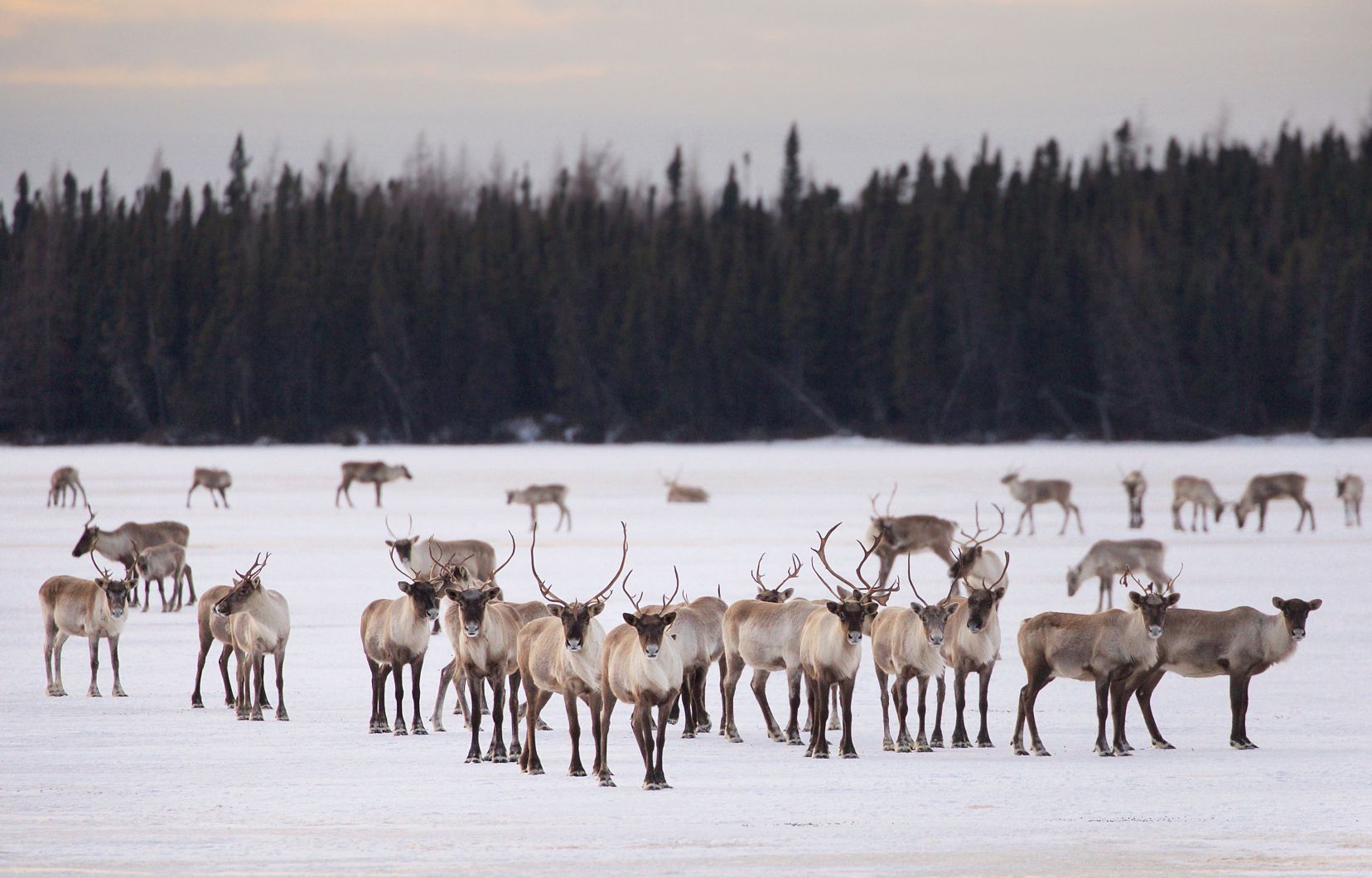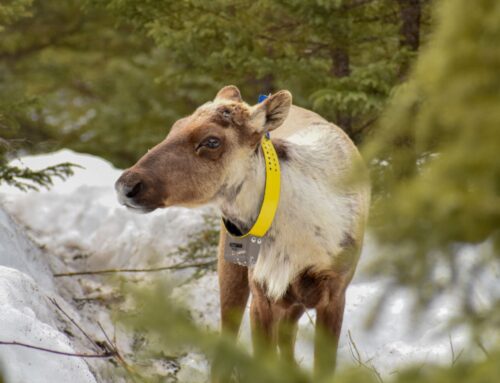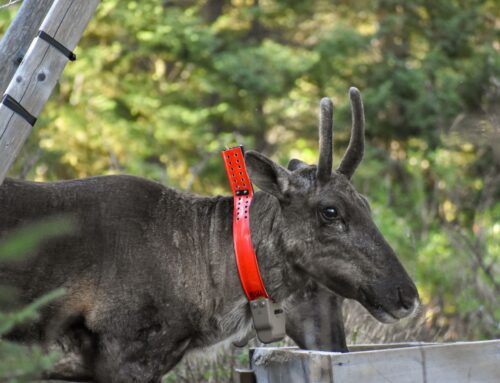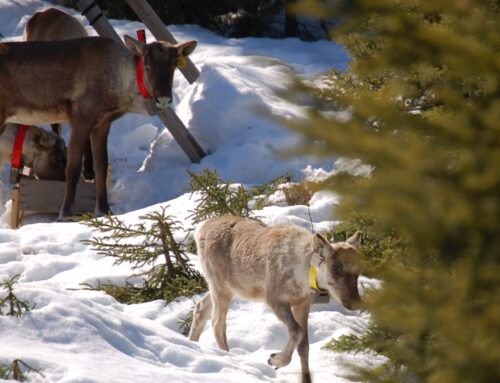Source: Le Devoir
Published on April 5, 2019
After the former Liberal government decided to let them simply disappear, the Coalition for Quebec‘s Future is now considering launching a rescue operation for the woodland caribou in the Val-d’Or region. The Boreal Action has confirmed to Le Devoir that it has had several exchanges on this subject with Minister Pierre Dufour.
Speaking on Thursday at the entrance to the CAQ caucus on the subject of protecting woodland caribou, the Minister of Forests, Wildlife and Parks himself spoke of a “caribou reintroduction project” in the Val-d’Or region, where the herd would be reduced to 12 to 14 animals. “They are threatened,” insisted Mr. Dufour.
These caribou, isolated on a territory increasingly disturbed by logging and the mining industry, are the ones the Couillard government wanted to move to the Zoo sauvage de Saint-Félicien in 2017.
The project was abandoned because of the controversy it generated. The Liberals subsequently decided to let the Val-d’Or caribou disappear, citing “too high” costs to restore their habitat.
Projet under study
Minister Pierre Dufour is today reflecting on ways to save these cervids, which have been considered “threatened” with extinction for more than 15 years.
“We are looking at this. Is there any potential? Are there actors who are willing to think about it?” he said on Thursday, while saying that he had discussions with representatives of Boreal Action, an organization that defends the caribou of Val-d’Or.
Its president, Henri Jacob, confirmed that he has had several discussions with Minister Dufour on this subject. In particular, he said that he had explained the “Projet d’introduction de nouveaux caribous” to him, in addition to having submitted documents detailing the project to his cabinet.
Boreal Action also submitted a request to the federal government last week to obtain funding from the funds earmarked for the protection of natural environments.
Jacob said the project, which would take four years to complete, would cost about $5 million. At the same time, he pointed out that the Legault government has earmarked $61.5 million over four years to fund various “protection measures” for woodland caribou.
Caribou farming
The project developed by Action boréale involves “borrowing” 25 adult caribou from the La Sarre sector. These caribou, mostly pregnant females, would then be installed in “specially designed enclosures” located at Refuge Pageau in Amos.
If the project were launched in March 2020, the females would theoretically give birth to their calves two to three months later. These young would stay with their mothers for a little less than a year, as is the case in the wild. They would then be transported to a temporary enclosure located in the Val-d’Or caribou range.
After a few weeks of “acclimatization”, the caribou would be introduced to the Val-d’Or herd. If all goes well, we hope to release 13 to 17 young each year. In addition to these new arrivals, we would like to launch a project to “direct introduce” five caribou to verify their membership in the Val-d’Or group.
Boreal Action estimates that its rescue plan could bring the herd “to close to 80 individuals by 2023”, which would allow it to “maintain itself over the long term in a habitat that is slowly being rehabilitated”.
The project is also based on the idea of protecting an area of approximately 2000 km2. This would require relocating some logging plots to allow the industry to keep the same volume of wood.
Is such a plan likely to succeed? Yes, affirms Henri Jacob, recalling that “a similar reintroduction project has already been carried out in order to reconstitute the extinct Charlevoix caribou population. This caribou population is still standing today 50 years later, and the reintroduction was a success”.





